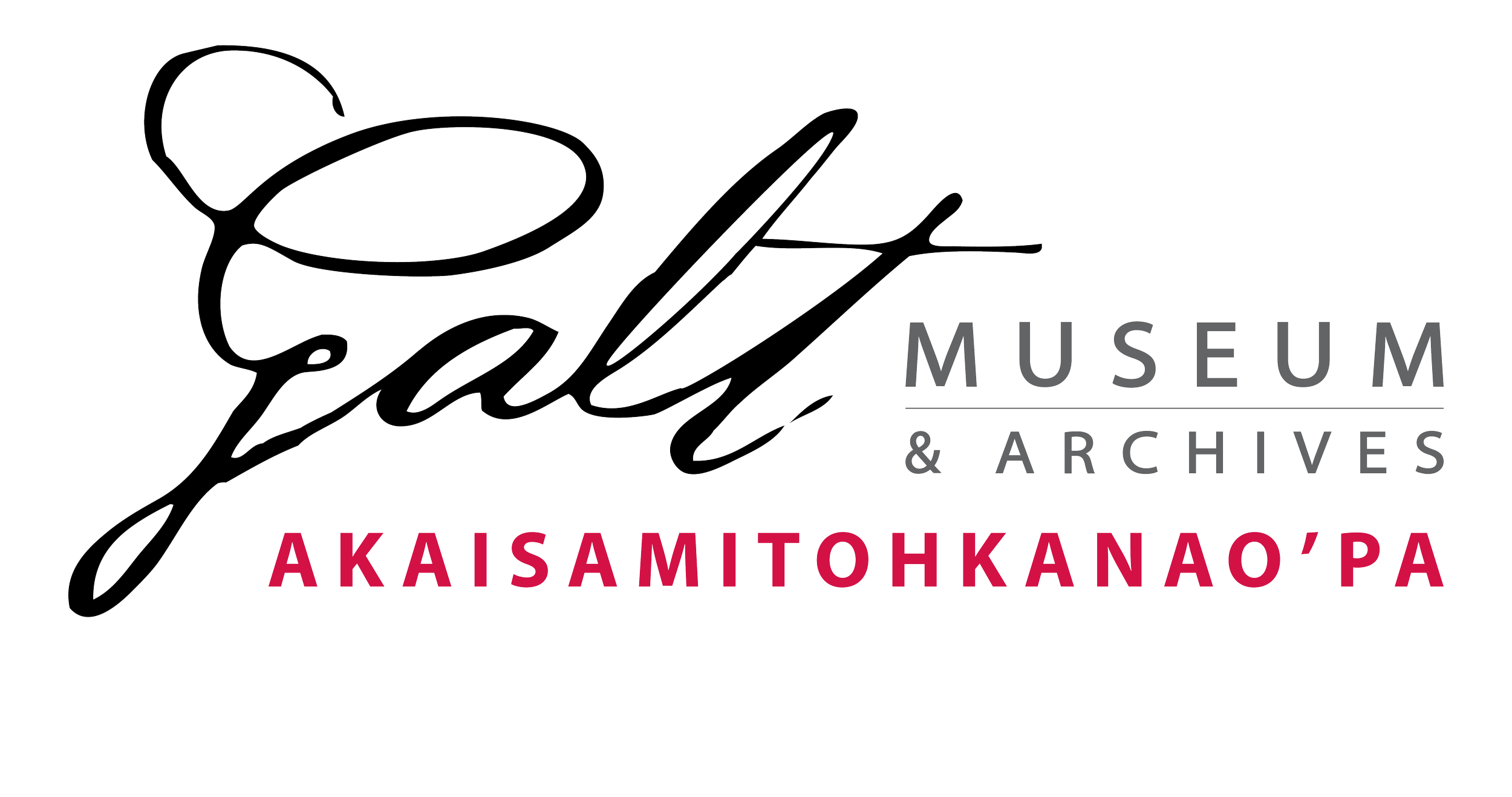The American Hotel
The American Hotel sign at sunset.
Photo courtesy Dryden Roesch
Throughout its history, the American Hotel in Fort Macleod served as a gathering space for Indigenous peoples in a largely white, settler town. As the hotel’s ownership changed over the decades, this affected how interactions unfolded inside its doors and who was welcomed.
In some instances, the American Hotel was seen as a safe space for Piikani and Kainai (Blood) tribe members to gather, listen to music, and meet with one another. Other times, it was the site of barroom brawls, aggression, and violence. It was a business, after all, and some owners were more focused on their bottom line than making sure their patrons felt at home.
The American Hotel can be seen as a contact zone, a space in which social, racial, and cultural differences and similarities were constructed and reinforced. In other words, a space where people of different statuses interact. As a contact zone, the American Hotel was the site of unequal power relationships. This was seen between different types of patrons but also between hotel ownership and patrons. Most notably, these power imbalances occurred between patrons and local authorities.
Subject to strict and changing laws on the consumption of alcohol in provincial law as well as within the Indian Act, Indigenous patrons have described race‐based profiling in and around the American Hotel. In 1962, the Blood Tribe voted to remain a dry reserve, while the Piikani voted to allow the purchase of alcohol, which often caused confusion and friction between the communities and authorities. Some patrons felt police overstepped their roles to satisfy the racially charged concerns of the citizens of Fort Macleod, but also to control Indigenous populations who travelled to the hotel from neighbouring reserves.
“Court house demonstrators claim to support hotelier,” March 30, 1983.
Photo courtesy The Macleod Gazette
The very existence of the American Hotel—a largely Indigenous space amidst a mostly white town— also represented a place of protest. With the rise of the Red Power Movement in the United States in the late 1960s, the following years proved to be an important time in the history of Indigenous protest and resistance across North America.
Structures of power such as colonialism, racism, capitalism, and oppression are inherent within the stories of the American Hotel. Much like the ghost stories told about the physical place, the impacts of these power structures are evident in the way people speak about the American Hotel. The legacy of such contact lingers there but can be seen throughout southern Alberta and Canada as a whole.
Learn more by visiting Contact Zone: The American Hotel, on display now at the Galt Museum & Archives until October 8, 2023.





Dr. Frank Hamilton Mewburn was a wiry and fiery surgeon, politician, army officer, and university professor who greatly contributed to the development of Lethbridge. Mewburn came from a long ling of medical professionals, graduating from McGill University in Montreal in 1881.